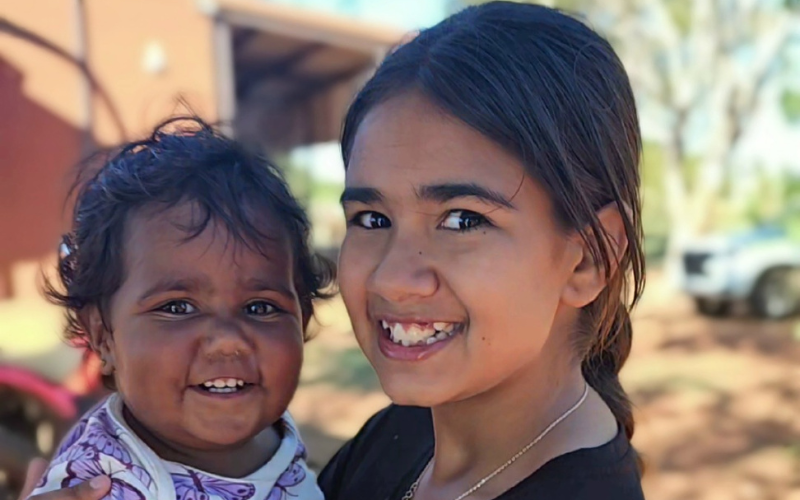Search
Showing results for "Au"

ORIGINS has sub-projects exploring the link between a mother's diet during pregnancy and health outcomes of the child. Projects also explore nutrition and eating habits during the early years.

Learn about those behind the LiLO research study
Research
Spotting sporotrichosis skin infection: The first Australian paediatric case seriesThese data highlight the importance of recognising Sporotrichosis in children outside an outbreak setting
Research
Role of viral and bacterial pathogens in causing pneumonia among Western Australian children: A case-control study protocolPneumonia is the leading cause of childhood morbidity and mortality globally.
Research
Clinical Management of Staphylococcus aureus Bacteremia in Neonates, Children, and AdolescentsStaphylococcus aureus is a common cause of community and health care-associated bacteremia, with authors of recent studies estimating the incidence of S aureus bacteremia (SAB) in high-income countries between 8 and 26 per 100 000 children per year. Despite this, <300 children worldwide have ever been randomly assigned into clinical trials to assess the efficacy of treatment of SAB.
Research
COCOON: Virus transmission, immunity, and family wellbeing during COVID-19The delay in community transmission of the new Coronavirus in WA, together with the strict, social distancing measures that have been adopted, provide us with an opportunity to observe the level of immunity development to the virus within the community and assess the impact of COVID-19 pandemic on health and well-
Research
Improving primary prevention of acute rheumatic fever in Australia: consensus primary care priorities identified through an eDelphi processTo establish the priorities of primary care providers to improve assessment and treatment of skin sores and sore throats among Aboriginal and Torres Strait Islander people at risk of acute rheumatic fever (ARF) and rheumatic heart disease (RHD).
Research
Barriers and enablers of health service utilisation for childhood skin infections in remote aboriginal communities of Western AustraliaHealth service utilisation in this setting may be enhanced by improving general awareness of the significance of childhood skin infections

News & Events
Community connections key to improving children’s lung healthThe key to improving the lung health of Aboriginal children lies in establishing strong community connections.
Research
PCV10 elicits Protein D IgG responses in Papua New Guinean children but has no impact on NTHi carriage in the first two years of lifeNasopharyngeal colonisation with nontypeable Haemophilus influenzae (NTHi) is associated with development of infections including pneumonia and otitis media. The 10-valent pneumococcal conjugate vaccine (PCV10) uses NTHi Protein D (PD) as a carrier. Papua New Guinean children have exceptionally early and dense NTHi carriage, and high rates of NTHi-associated disease.
